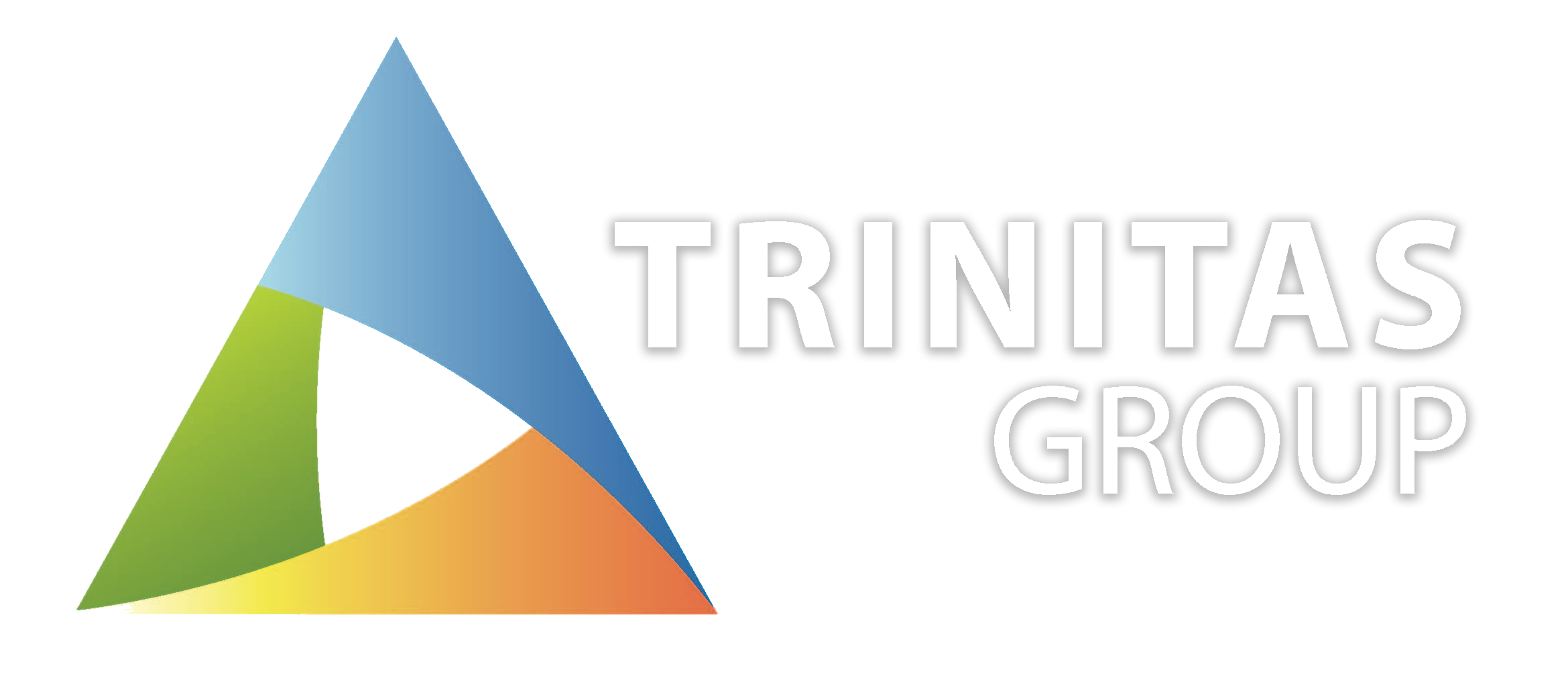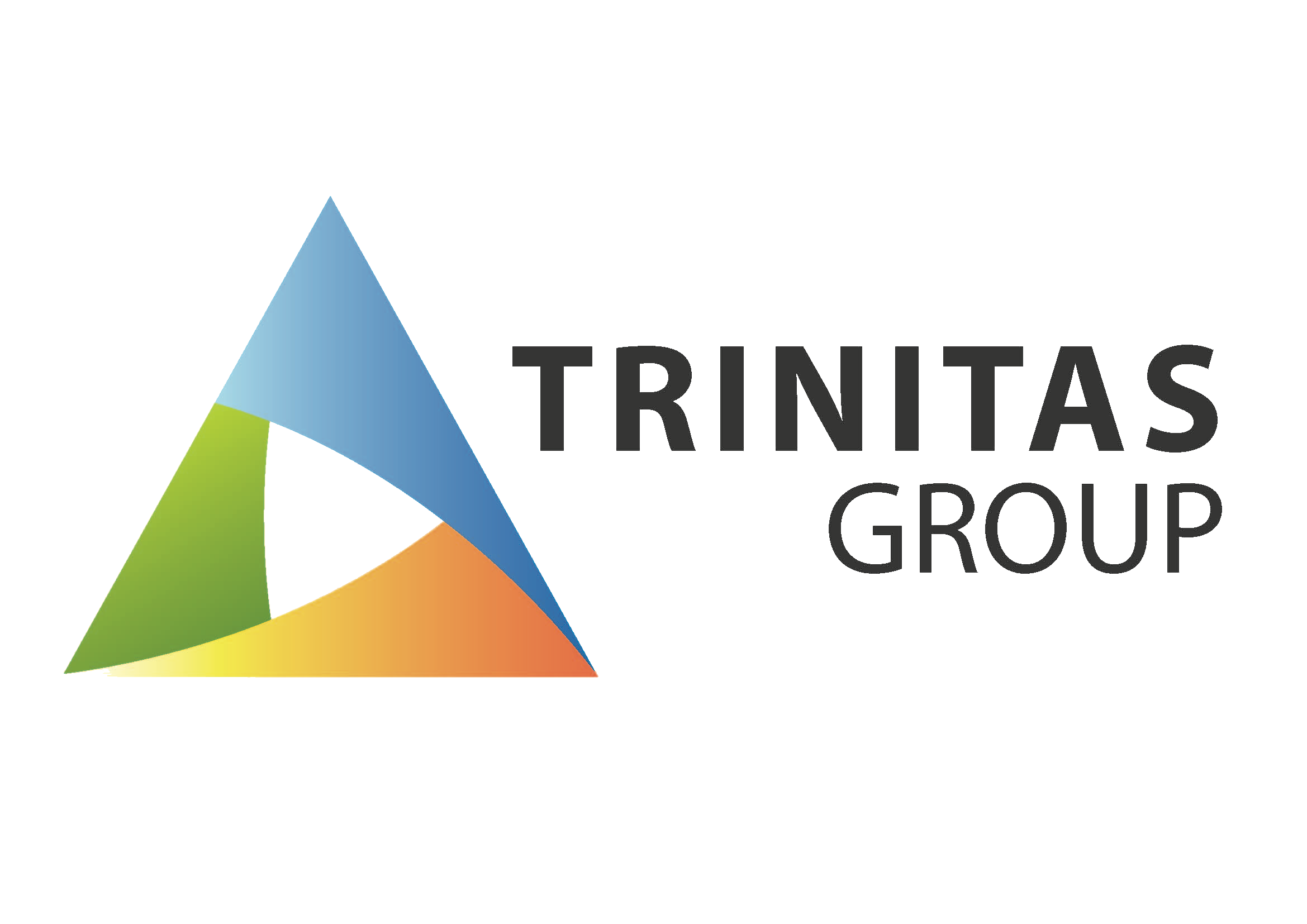A stage 1 Preliminary Site Investigation (PSI) is often required for a development application. This incorporates a desktop study of the site and relevant regulatory databases, an appraisal of site history including adjoining land uses. Where a site history and inspection can demonstrate that past or present site activities have been non-contaminating, there is no requirement for further investigation.
Preliminary Site Investigations (PSI)
Detailed Site Investigations (DSI)
A stage 2 Detailed Site Investigation (DSI), is typically required when the stage 1 preliminary investigation (PSI) identifies potentially unacceptable land contamination risks on your site. Our expert land contamination team will prepare a DSI scope of work that is customised to find the right balance between the identified contamination risks, and your project budget / timeframe constraints. The detailed site investigation can include assessments of soil, sediment, surface water, groundwater, indoor and ambient air.
Remedial Managment & Validation
When an unacceptable contamination risk is present on your site, a remedial action plan (RAP) is required. This RAP is used as a framework to ensure the remedial process is using the most cost-effective process that meets all regulatory requirements.
Where removal of contamination is not practical, you may also need to adopt a long-term management strategy and the development of an environmental management plan (EMP) to address any residual contamination risks into the future. We will prepare an EMP that identifies simple and efficient strategies to manage the residual contamination during the long-term operation of the site.
Waste Classification
We can provide advice, sampling and assessment of waste for waste classification and resource recovery purposes. We can classify waste into specific groups to allow for appropriate management and disposal at a licensed landfill, as per the waste classification guidelines.
To comply with the waste legislation, those who generate waste are responsible for classifying their waste into one of six waste classes based on the level of risk they pose to the environment and human health. These six waste classes include:
- special waste
- liquid waste
- hazardous waste
- restricted solid waste
- general solid waste (putrescible)
- general solid waste (non-putrescible).
The purpose of waste classification is to group wastes that pose similar risks to the environment and human health facilitates their management and appropriate disposal.
To help waste generators classify the wastes they produce, the NSW Environment Protection Authority (EPA) has developed Waste Classification Guidelines which are a step-by-step process for classifying waste.
Generators and waste facilities must ensure they classify their waste carefully in accordance with the procedures in the guidelines. This is because waste can only be taken to, and accepted at, a waste facility which is lawfully authorised to receive, re-use and/or dispose of that classification or type of waste.
Trinitas can also assist organisations with general exemptions for commonly recovered, high volume and well characterised waste materials for recovery or disposal including:
- Excavated Natural Material (ENM)
- Recovered fines
- Recovered aggregate
Trinitas only employs NATA accredited laboratories for sample analysis, and follows strict Quality Assurance and Quality Control (QA/QC) procedures.
Contact us today
Whether you have a question about our services, our products or anything else – we’d love to hear from you.




